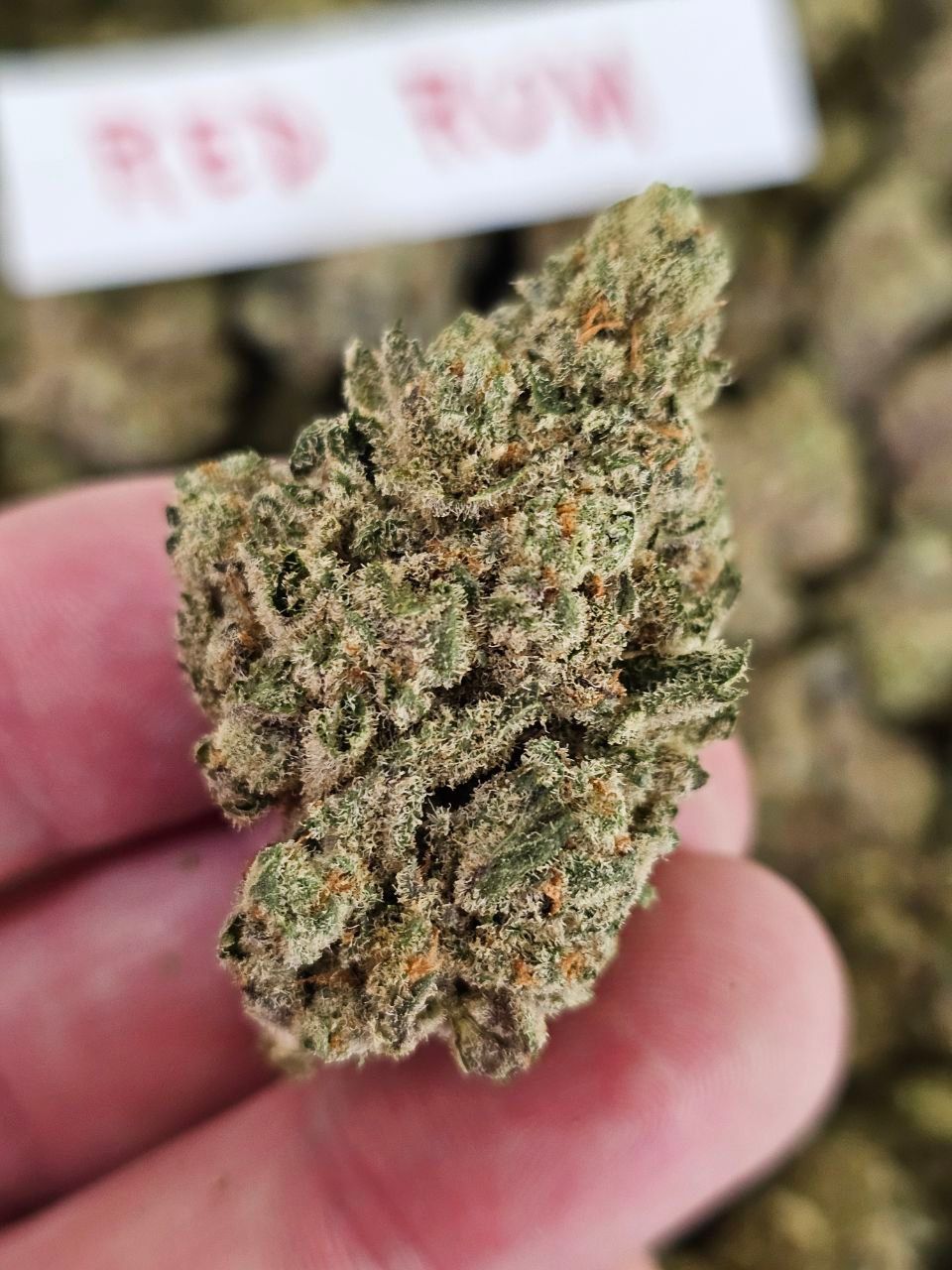2024 Presidential Election and Cannabis: What’s at Stake for the Industry

As the 2024 presidential election approaches, the future of cannabis and hemp policy in the United States hangs in the balance. Both major party candidates, Donald Trump and Kamala Harris, have distinct views on how the cannabis and hemp industries should be regulated. While cannabis reform has gained momentum in recent years, particularly at the state level, the federal approach varies significantly depending on the political party in power.
In this blog, we will explore where both the Republican and Democratic parties stand on cannabis and hemp legislation, highlighting the specific policies that Trump and Harris are supporting.
Republican Party: Donald Trump’s Position on Cannabis and Hemp
While cannabis reform has not been a major priority for Donald Trump, his stance has been somewhat fluid over the years. During his presidency, the Trump administration took a largely hands-off approach to state-level cannabis legalization, allowing individual states to move forward with their own regulations without federal interference. However, Trump has not actively supported federal cannabis legalization and maintains a more cautious stance compared to many Democrats.
1. Cannabis Legalization
Donald Trump has not explicitly called for federal cannabis legalization. While he did not push for harsher enforcement during his presidency, he did express concern about the potential social and public health impacts of widespread legalization. Trump is likely to maintain the position that states should decide their own cannabis laws, allowing them to regulate cannabis without federal interference, but without moving toward full federal legalization.
2. Hemp and the 2018 Farm Bill
Under Trump’s presidency, the 2018 Farm Bill was signed into law, which legalized hemp production nationwide. This was a significant step for the hemp industry, allowing farmers to grow industrial hemp legally and removing it from the federal list of controlled substances as long as it contains less than 0.3% THC. This move provided opportunities for farmers and producers in the hemp-derived CBD market. Trump’s administration emphasized the economic potential of hemp and its importance for American agriculture, though cannabis itself remained illegal at the federal level.
3. Medical Cannabis
While Trump has shown some support for medical cannabis, he has largely deferred to states to make their own decisions on this issue. He has not actively opposed medical cannabis use but has also not taken significant steps to expand access or push for further reforms. The status quo is likely to remain under a potential second Trump administration, where states would continue to regulate medical cannabis independently of federal policy.
4. Cannabis Business and Banking
Trump has not made moves toward resolving the cannabis banking issue, where federal regulations prevent cannabis businesses from accessing traditional banking services due to the federal classification of cannabis as a Schedule I drug. Although some Republican lawmakers have expressed interest in finding a solution, it has not been a priority under Trump’s leadership.
Democratic Party: Kamala Harris’ Position on Cannabis and Hemp
Vice President Kamala Harris, on the other hand, has been a strong proponent of cannabis reform, particularly in her role as a senator and during her time as vice president. As part of the Democratic platform, Harris is supporting policies aimed at decriminalizing cannabis, expunging criminal records, and federally legalizing cannabis. Her position is much more progressive than Trump’s on this issue, with a focus on social justice and economic opportunity.
1. Cannabis Legalization
Kamala Harris is a co-sponsor of the Marijuana Opportunity Reinvestment and Expungement (MORE) Act, which aims to federally legalize cannabis, remove it from the Controlled Substances Act, and expunge previous convictions for cannabis-related offenses. This bill would allow states to regulate cannabis as they see fit while providing federal oversight and regulation. Harris has been vocal about the need for cannabis reform as part of a broader agenda for criminal justice reform and racial equity.
2. Social Equity and Criminal Justice Reform
Harris has emphasized the importance of addressing the racial disparities in cannabis-related arrests and convictions. The MORE Act includes provisions for social equity programs to ensure that communities disproportionately affected by the War on Drugs have opportunities to participate in the legal cannabis industry. This includes support for minority-owned businesses and individuals who have been unfairly impacted by cannabis prohibition.
3. Hemp and Agriculture
Harris supports the expansion of the hemp industry, building on the 2018 Farm Bill. Under her administration, hemp farmers would likely see continued support and investment in research and development for hemp-derived products, such as CBD. Harris’ broader climate and agriculture policy includes supporting sustainable farming practices, which could benefit the hemp industry as an environmentally friendly crop.
4. Cannabis Business and Banking
One of the key issues for Harris is the need for cannabis businesses to have access to banking services. The SAFE Banking Act, which would allow legal cannabis businesses to work with banks without fear of federal penalties, has been a major point of discussion in Congress. Harris supports this legislation as part of her platform to bring cannabis into the mainstream economy, creating jobs and fostering entrepreneurship in the industry.
Key Differences in Cannabis and Hemp Policy
The 2024 election presents two different paths for the future of cannabis and hemp policy in the U.S. Here are some of the key differences between Trump and Harris on this issue:
• Cannabis Legalization: Harris supports federal cannabis legalization through legislation like the MORE Act, while Trump maintains a state-by-state approach, showing no interest in pushing for federal legalization.
• Social Justice: Harris has made social equity a central part of her cannabis reform agenda, including expunging records and creating opportunities for those impacted by the War on Drugs. Trump’s position on this has been largely silent, with no major initiatives to address cannabis-related criminal justice issues.
• Hemp Industry: Both Trump and Harris have shown support for the hemp industry, particularly after the passage of the 2018 Farm Bill. However, Harris would likely push for more regulation and investment in hemp research, sustainability, and product development.
• Cannabis Business and Banking: Harris supports the SAFE Banking Act, which would open up financial services to cannabis businesses. Trump has not prioritized this issue, and it remains unresolved.
Conclusion
As the 2024 presidential election approaches, cannabis and hemp reform will be an important issue for voters in states where these industries play a significant economic role. While Donald Trump is likely to continue allowing states to manage their own cannabis policies with limited federal involvement, Kamala Harris is pushing for a more comprehensive approach, including full federal legalization, social equity, and expanded access to banking for cannabis businesses.
For the cannabis and hemp industries, the outcome of this election could have a profound impact on how these sectors evolve in the coming years. Retailers, growers, and entrepreneurs will need to closely monitor the election results and the legislative agenda of the next administration to understand what lies ahead.
Here’s something to consider: Could Trump’s decision to pass the 2018 Farm Bill, which legalized hemp and its derivatives, have been a more strategic and deliberate approach to gradually introduce THCa and hemp-based products, rather than opting for full federal legalization of THC?
What do you think?
Recent Blog Posts





